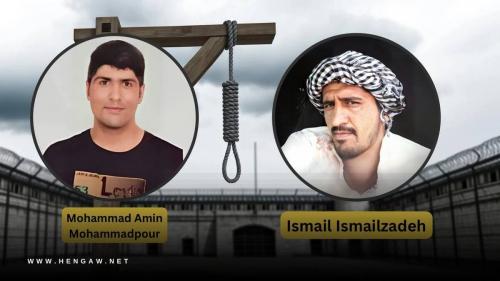04 March 2021 :
No lethal drugs: State Supreme Court delays execution of Brad Sigmon
The South Carolina Supreme Court has delayed indefinitely the execution of a 2nd death row inmate because of a lack of drugs used to put a condemned person to death.
“The execution is currently impossible,” the high court’s 5 justices ruled in staying the execution of Brad Sigmon, 63. His execution had been set for Feb. 12.
Sigmon, on death row since 2002 for a double murder, is the 2nd S.C. inmate in recent months whose execution has been put on hold due to a quirk in the state’ s death penalty law. The law requires condemned inmates to make a choice between electrocution and lethal injection.
If an inmate doesn’t make a choice, the law requires he be put to death by lethal injection. But if the state is unable to find any drugs, it cannot force the condemned man to die by electrocution.
In its Thursday order, the 5 Supreme Court justices referred to this circumstance, noting that since Sigmon has not made a choice about which method to be used for his execution, he had to die by lethal injection.
The justices noted that the S.C. Department of Corrections has said it will not be able to obtain the drugs required to carry out a lethal injection death.
“Under these circumstances, we vacate the execution notice, and direct the Clerk of this Court not to issue another execution notice in this case until the State notifies this Court that the Department of Corrections has the ability to carry out the execution by lethal injection, that (Sigmon) has made an election to be electrocuted, or that there has been some change in the law which will allow the execution to take place,” the justices wrote.
For more than 5 years, state Department of Corrections director Bryan Stirling has urged state lawmakers to change the law so inmates could not use the existing language to block their executions.
“Until the law is changed, this issue will remain an obstacle in allowing us to carry out the order of the court,” Stirling said.
A bill pending in the House Judiciary Committee would allow the state to put inmates who choose lethal injection in the electric chair if the chemicals were not available.
An inmate must be electrocuted “if execution by lethal injection is unavailable,” the bill says in part.
Another death row inmate, Richard Moore, 55, also declined to make a choice of how to be put to death, and his execution, originally set for Dec. 4, was stayed. He has been on death row since 2001 for a killing during a convenience store robbery in Spartanburg County.
South Carolina has been unable to obtain execution drugs from pharmaceutical companies, who have been refusing to sell their drugs to states for use in executions. The companies don’t like the negative publicity that would result from having their life-saving and therapeutic drugs being used to kill people. Some states have shield laws that prohibit disclosure of the identities of the companies that make chemicals used in executions, but not South Carolina.
There are currently 37 people on the state’s death row, all men. The state has not had an execution since 2011.
https://www.thestate.com/news/local/crime/article249041705.html











